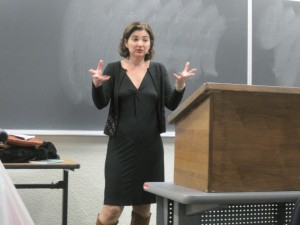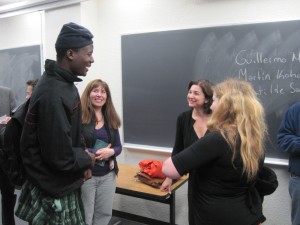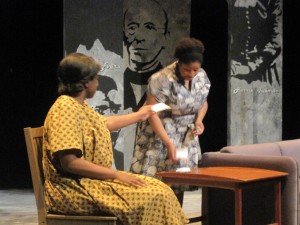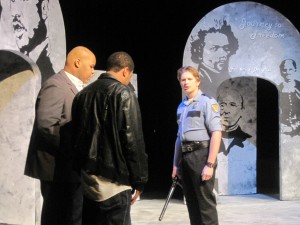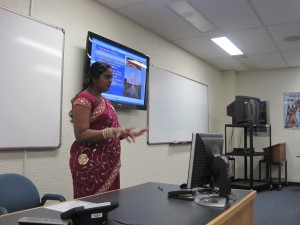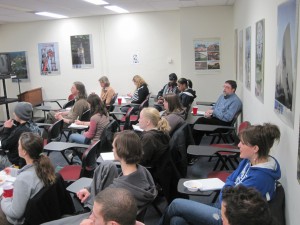Talking with Ben about starting a business in Nigeria has reminded me once again of the problems that mitigate against successful enterprises in Nigeria. The chief is still electricity. Then security. Why do we have guards at our gates in Nigeria? I’ve never asked myself that question. Now, I can answer it. I think it is from the absence of a right to bear arms. If everyone had guns, we won’t need to pay people to watch over our houses. And now I believe that just mentioning to an intending immigrant/visitor to the country the fact that most residential houses in industrial areas of the country have guards that watch over them at night could be a very strong deterrent. In any case, just like the problem of electricity, water or good roads, it is a failure of government.
A second victory was in one moment of magical discovery, that in Nigeria the Press is actually more responsible, and responsive than the police. Maybe a little tyrannical as well at times, but they’re usually on the side of the people. So in a moment of epiphany while reeling out the things to remember if one wants to move to Nigeria as an expatriate, I said to Ben that if an expatriate was to ever be in any kind of trouble while in Nigeria, he should call a journalist first, before calling the police. Thinking about it again now, I’ve discovered that newspapers in Nigeria should actually adopt it as a public brand. Police cars here in the US go around with the large writing on the body of their car “When in trouble, dial 911”. It’s there for everyone to see, and even three year olds in America today know the short code in case any bad thing happens. Think about something like that on the front page of all newspapers in Nigeria every day. “When you’re in trouble, call 419” or any other easily-memorable number. The truth is that the police are held more accountable by the media than by the politicians, and there is a chance of redress if said victim brings a journalist along to the police station while reporting an incident. It works even better for expatriates/foreigners.
Don’t call the police first – they’re not your friend. Call a journalist!
_______________
PS:
- I got a mobile phone at last. It is a T-mobile, and it gives me all I want from a phone. So far, so good. The best part of it is the answering machine with which I can receive messages when I’m not in a position to talk – which is like most of the days that I teach.
- Western Union has not responded to my request.
- I have sent out postcards to all who asked for them, and I will send some more this week.
- I’m still seeking more guest-bloggers. I like the exciting idea of sharing and exchanging ideas this way.
- The post I made last week about my friends has now been removed, regrettably. Lesson learnt: respect other people’s need for privacy, and never assume anything.
- After a lot of fumbling around, and goading from a persistent friend, I have now solved the problem of blog comment editing, thanks to WordPress. Anyone who leaves comments will have up to five minutes after said comment is submitted to edit its content, or request a deletion. I like the idea.
